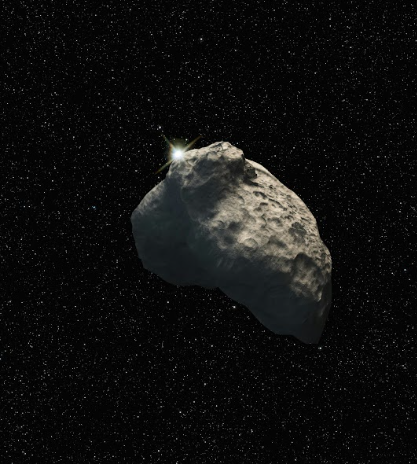Scientists have recently recognized a new organ: the mesentery. The mesentery is a structure that holds our intestines to the abdominal wall and carries blood between the intestine and the body. The mesentery also holds up the intestines, so when someone goes about their daily activities, such as walking, the intestines don’t collapse. Scientists used to believe the mesentery was fragmented and separated into separate sections, but recent findings show that it is actually a continuous structure.
The new organ has been so misunderstood because of its complex shape. According to Dr. J Calvin Coffey, the foundation chair of surgery at the University of Limerick, it “fans out, like a Chinese fan, to span the length of the intestine from the upper small intestine to the end of the large bowel.” Scientists hope that a better understanding of the mesentery could also help in diagnosing and treating diseases. By gaining a complete understanding of the mesentery, they can also investigate what role it has in certain diseases. Coffey said, “For doctors, it provides us with an opportunity to refresh our approach to many diseases such as inflammatory bowel disease and others. This could help in identifying the mechanisms underlying these conditions and help us in unraveling their cause and how they develop.”















